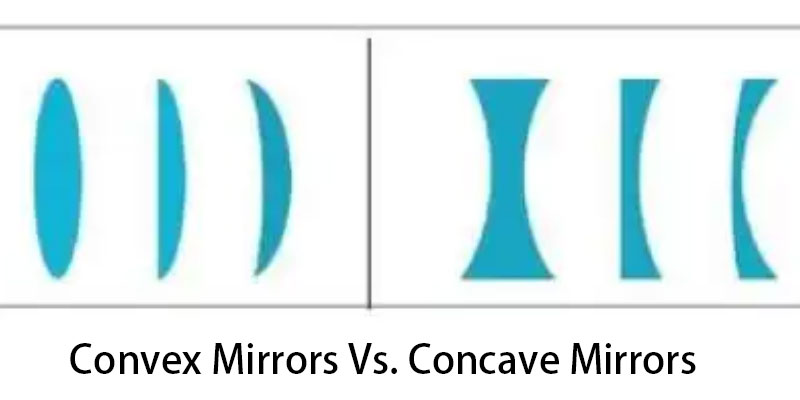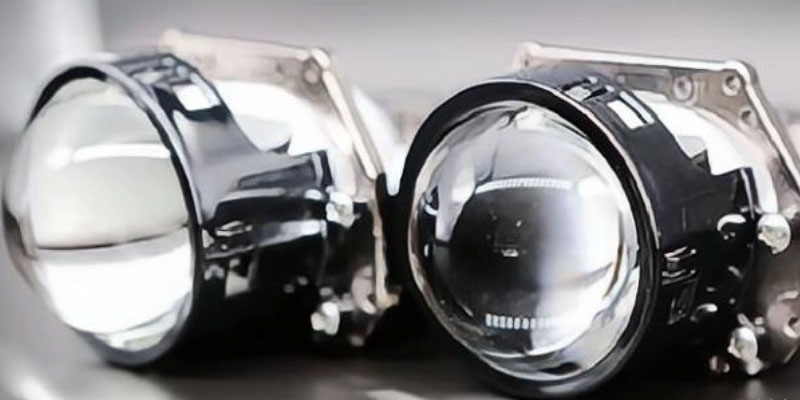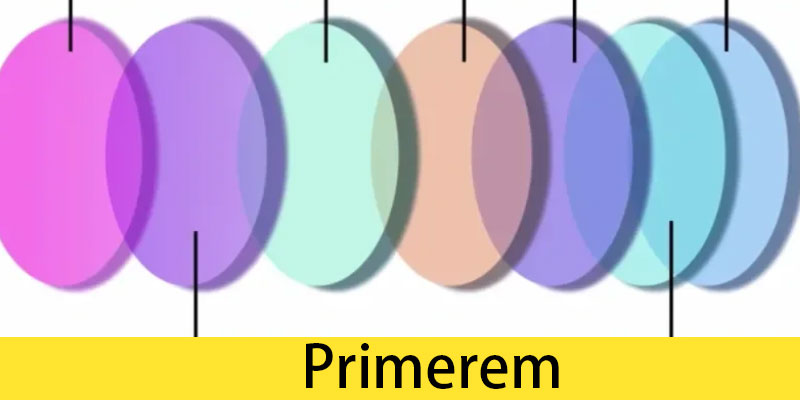
The main difference between polarised lenses and normal lenses is the way they process light and their ability to reduce glare:
I. Light Processing:

- Polarised lenses: polarised lenses block polarised light in a particular direction through a special filter layer. This filter layer only allows light perpendicular to the filter layer to pass through, thus reducing reflected light from horizontal surfaces (e.g., water, snow, pavement, etc.).
- Ordinary lenses: Ordinary lenses are usually just tinted clear or dark lenses which reduce the intensity of light in all directions but do not distinguish between the polarisation states of light.
2.reduce glare:
- Polarised lenses: Polarised lenses are very effective in reducing glare due to their ability to filter out polarised light in specific directions. This is especially beneficial for driving, fishing, skiing and other outdoor activities, which often involve strong light reflections.
- Ordinary lenses: Although ordinary lenses can reduce the intensity of light, they are usually not as effective as polarised lenses in reducing glare.
3.colour and visual clarity:
- Polarized lenses: Polarized lenses usually come with some colour, but they do not distort the colour as some ordinary lenses do. They can provide clearer and more realistic visual effects.
- Ordinary lenses: ordinary lenses may have a darker colour, but some types of lenses may affect colour perception and cause colour distortion.

4.Price:
- Polarised lenses: Polarised lenses are usually more expensive than ordinary lenses due to a more complex manufacturing process.
- Ordinary lenses: ordinary lenses are usually more affordable.
5.Adaptability:
- Polarised lenses: polarised lenses are suitable for specific activities and environments, such as outdoor sports and driving.
- Ordinary lenses: ordinary lenses are suitable for daily wear, especially when the light is not particularly strong.
Overall, polarised lenses offer advantages in reducing glare and improving visual clarity, while normal lenses are more suitable for light daily light protection. Which type of lens to choose depends on individual needs and preferences
optlenses
Related Blogs

















